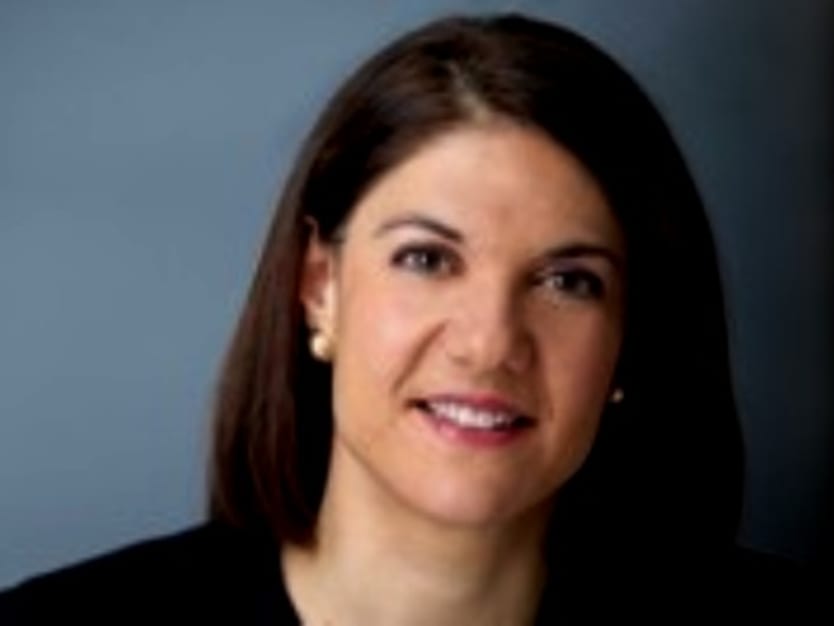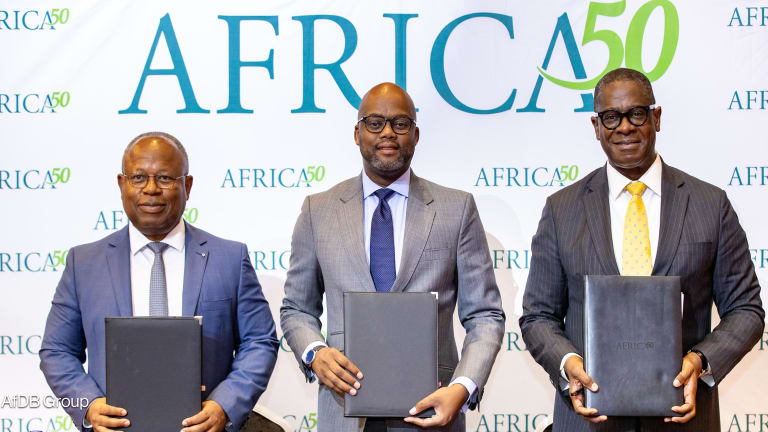
Editor’s Note: Recently, Bryan Farris spoke with Mary Ellen Iskenderian, President and CEO of Women’s World Banking, one of thought influencers and industry leaders in microfinance with a focus on female entrepreneurs and customers in 27 countries. As WWB notes, the organization not only provides women access to financial services but “also control over their assets.” This post is the second of several topical discussions centered on the many financial, cultural and societal issues facing women in developing markets (the first post can be found here).
In today’s (Twitter) #socent world, the term “microfinance” is used interchangeably with the term “microcredit”. However, just as Kleenex is actually only one of many brands of tissues, microcredit is only one piece of the microfinance puzzle.
To help us put the pieces together, Mary Ellen Iskenderian discusses the path toward broader financial inclusion, economic empowerment and rights:
NextBillion.net: When you speak on behalf of the Women’s World Bank, what is the message that you most want to deliver?
Iskenderian: To the extent that microfinance has had a positive impact on people’s lives and has had any contribution in the fight against poverty, a lot of that is attributable to the fact that women have been the principle clients.
Our research is clearly indicating that when commercial capital enters the microfinance sector, there is a distinct move upward (toward larger businesses and larger loans) and a shift toward lending primarily to men’s businesses. Women’s World Bank is committed to highlighting ways in which financial institutions can profitably offer products that meet women’s needs so that microfinance can continue to have a positive impact on the state of people in poverty.
NextBillion.net: How important is asset accumulation in helping the poor rise out of poverty in your point of view?
Iskenderian: We see it as absolutely essential. Jayshree Vyas, CEO of SEWA bank in India, likens being poor to playing a vulnerable game of Chutes and Ladders. Even for micro-entrepreneurs who have been successful in building a livelihood, all it takes is one unexpected emergency illness to knock them right back down the ladder.
We see savings, insurance and other products that build a safety net underneath the family as being absolutely critical for families to be able to leverage their gains and not be vulnerable to the effects of poverty.
NextBillion.net: What is a more important area of focus: scaling the reach of the microfinance sector as it is today or doing a better job of enabling individual asset accumulation where microfinance has already reached?
Iskenderian: This question brings a smile to my face-are you really going to make me choose? When you’ve got 2.8 billion unbanked people it just feels unfair to make a choice between those two. On the other hand, I think that if we’ve learned anything from the last few years, particularly the lessons of Andhra Pradesh, it is that scale and growth unchecked and unmanaged aren’t going to be helping anybody.
Scale has to be accomplished in a responsible way. I’m very hopeful that as the microfinance sector matures and becomes more regulated, we will be able to scale withdeposit taking. It doesn’t have to be sequential; new microfinance institutions don’t necessarily need to go through the NGO stage-instead they can start with deposits.
NextBillion.net: Essentially, right now with the microfinance model so focused on credit, it is not fully complete. It would be ideal if we worked out a solution to shift the focus toward a broader set of financial services and immediately implemented that as the sector scales.
Iskenderian: Right. That would be my formula for moving forward. Of course, I have a huge amount of respect for credit and what credit done well can do in terms of offering families and businesses hope and opportunity that they never had, but it just isn’t sufficient on its own.
NextBillion.net: Apart from women generally, what is the highest priority for the Women’s World Bank right now? Given all the different avenues and products you can use to serve the poor-from savings to reducing interest rates to mobile money-what is your highest priority?
Iskenderian: Economic empowerment. I recognize that the impacts of poverty are many; education, health, water, energy-all of these issues have a very profound effect on women’s lives. I believe that economic empowerment is a way to give women the tools to fix many of the other issues that they face.
I’ll tell you two quick anecdotes that happened a couple weeks ago:
I had the honor of hearing Paul Farmer speak, and he told the story of a young woman who contracted HIV at a young age, but has remained healthy because of access to anti-retroviral treatment. When he met her, she said, “You know, I’m so happy and so grateful to have my health, but what I really need more than anything is a job”.
Similarly, if you have a chance to watch the trailer to a new documentary entitled Women, War & Peace, it features women from the Democratic Republic of Congo talking about their role in the conflict there and they essentially said, “Yes, yes, yes we are important to the peace, but what we really want and what will bring peace more than anything is jobs”.
This sets the stage for what I think is important for women’s empowerment. They can figure out how to get healthcare, they can figure out how to get their kids educated, if they have a way to earn a living. Economic empowerment is the tool that unlocks opportunities for women.
NextBillion.net: What tools are missing right now for women, that enable them to become economically empowered? Out of the entire microfinance sector, what is the one tool that is missing?
Iskenderian: It’s not so much missing, but it’s a matter of emphasis. We need to heed the data and we need to heed what the research is telling us: that credit alone is not sufficient, and that credit plus savings still probably doesn’t get you there, but that credit, plus savings, plus financial education about what those products actually mean, how they work and how they can be your ally.
If I had to add a fourth thing, it would be property rights and making sure that women’s names are and can be on the deeds to farms, homes, or whatever it is. If you want to talk about asset accumulation-the ability to own property, and own it in your own name is enormously empowering for women.
There is data that shows that domestic violence, while it initially spikes upward when a women first becomes a borrower, it ultimately declines to a lower level than before. Interestingly, when you also add property title into the mix, it virtually eliminates domestic violence. Even in her own home, a woman can negotiate a very different role by virtue of ownership.
NextBillion.net: Interesting, so you would say you’re a female-oriented Hernando de Soto fan?
Iskenderian: (Laughing) I wish Hernando de Soto himself would come out and talk about gender impacts on property rights.
Re-published with permission by Next Billion. Visit the original article.








